You Say You Want A Revolution?
Is Al Haymon good or bad for boxing?
It’s a question that vexes fight fans, one with no easy or apparent answer. The guy gobbles up fight dates like his protégé Chris Arreola gobbles up chimichangas, and he signs network deals as frequently as Amir Khan—another member of his stable—infuriates twitter. Almost single-handedly responsible for ruining 2014 with an appalling run of mismatches, 2015 has seen him announce some interesting fights that could partially make up for it. But more important than whatever fights happen in 2015, by far the most interesting aspect of Haymon’s participation in boxing takes place behind the scenes and far away from the eyes of fight fans.
Returning to our opening question, the jury’s still out on whether Haymon will be a force for good in the sport, but the one thing that’s clear is he’s going to be around for a while, and we might as well get used to it. This is because, as John Chavez outlines in his in-depth look at the Premier Boxing Champions business model, Haymon and his deep-pocketed investors are playing a long game with no lesser an intention than to dominate the sport.
Earlier this year we took a look at the NBC deal which inaugurated the PBC era, and the sticking point was that if the masses are to embrace boxing like they once did—at least in North America—the most important thing Haymon could do was to stage appealing, competitive matches that get new fans talking and interested in following the fighters’ subsequent engagements. But from a business point of view, what Haymon is really interested in is in building the PBC brand so that it replaces the generic concept of “boxing” in fans’ minds. As Chavez illustrated the point, Haymon’s success will be determined to the degree that PBC becomes synonymous with professional boxing, much like the NBA and the NFL stand for professional basketball and football.
From a business point of view, this is brilliant stuff from Haymon et al. but not exactly novel. Again, like Chavez points out, PBC borrows heavily from the UFC model which became a successful money-making machine while staging best vs best encounters. If PBC becomes a boxing monopoly or something close to it, Haymon would have an incentive to stage more competitive fights than mismatches, since fans will usually tune in for the former and shun the latter, with PBC/Haymon retaining the upside regardless of the fights’ outcome. This would include the chance to profit from an increasing number of revenue streams: not only the gate of live events and eventually licensing distribution fees, but also merchandising, spin-off programming, international deals, and even a cut from fighters’ sponsorship deals.
Another important aspect of the PBC venture has only been brought to light after the announcement of the multiple network deals they’ve signed. In addition to NBC, also ABC, CBS, ESPN, Spike TV, Bounce TV and potentially even Telemundo are on board the PBC express, and this has two very important ramifications. The first is that with so much content being distributed through so many channels, along with the focus being on branding PBC rather than on marketing individual fighters, Haymon can afford to take more risks in matchmaking–to give fans the fights they want to see–and in staging live shows in different markets–to figure out what works and what doesn’t. This is anathema to traditional boxing promoters, who only stage a given card when they’re reasonably certain they can make a profit on it, and whose time horizon to see a return on their investment is usually extremely short.
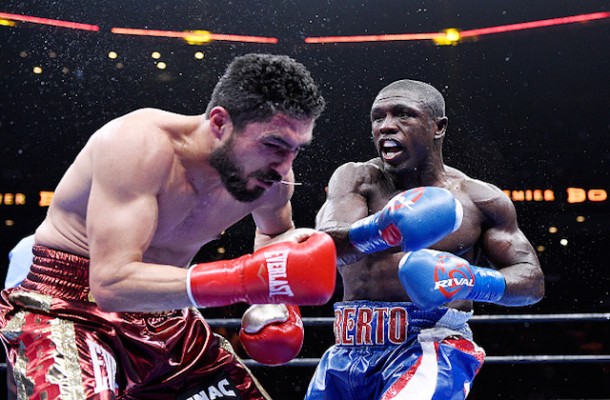
The second ramification is that if PBC does indeed become the premier power broker in professional boxing, it could greatly damage its competitors to the point that it drives them out of business. This could kill boxing on networks not on board with PBC, and could seriously dent rival promoters’ market share. In fact, Golden Boy and Top Rank already find it nearly impossible to do business with Haymon, whose sizeable stable continues to grow by the day. If things go right for Haymon, it’s just a matter of time before PBC drowns competitors with its marketing dollars and the pre-eminence of its brand. It’s hard to assess whether this in itself would be good or bad for professional boxing: Would the best be fighting the best? Would fighters be treated fairly financially and otherwise? Would judging and refereeing standards improve or be eroded even further? What is clear is that, if everything goes Haymon’s way, the boxing landscape could be practically unrecognizable even five years from now.
Even though many questions remain unanswered, there is cause for optimism among boxing fans. The mere fact that Haymon and his backers are willing to invest substantial amounts of money with a time horizon that is at least half-a-decade long gives them the chance to fail from time to time and keep going. More importantly, the size of the investment indicates Haymon and his backers expect a robust return in the long run, and the only way for them to garner the kind of audience that will make PBC a profitable business is to acquire and retain lots of new fans with high-quality content.
For boxing fans, “high-quality” content should translate into exciting matches. Of course, with so many events to schedule in order to keep all of his fighters busy, the inevitable lackluster show will take place from time to time; after all, no one gets it right all the time. For instance, look at the Berto vs Lopez card from a few weeks ago, where it is rumoured a seat-filling company made brisk business; and the Broner vs Molina waltz definitely left a sour taste in viewer’s mouths. So to maximize the chances of success for PBC, fighters will also have to pull their weight. On top of that, it also takes time to figure out all the kinks in any business venture, but if the end result is that PBC consistently offers enticing matches on free TV, fans will be more than willing to grant PBC power over boxing.
But where would this leave HBO and Showtime? What about Golden Boy, Top Rank, Main Events and Roc Nation? What follows is mere speculation, but perhaps some of these entities saw the writing on the wall a while ago and are already bracing themselves for what’s to come. HBO recently announced with great fanfare the signing of a multi-fight deal with super flyweight Roman Gonzalez, one of the best fighters pound-for-pound in the world, but one who competes in a weight class usually neglected by American cable networks. Bob Arum has for years been trying to make something happen in the nascent Chinese boxing market, and also recently announced Top Rank is branching out in terms of their TV distributors. Perhaps the rest of the promoters will compete against each other for whatever portion of market share PBC can’t digest, or maybe they’ll form an alliance and try to keep the cable model alive. Who knows? Maybe down the road, if PBC becomes profitable enough, all the remaining promoters will become acquisition targets for Haymon’s outfit.
For decades critics have talked about the demise of professional boxing. But the niche-sport par excellence, relegated to the fringes of athletics due to its controversial nature and its unique demographics, may have already reached bottom and be ripe for a renaissance. Yes, it’s true boxing is followed mainly by the black and latino populations in North America, but trends show minorities’ shares of the population are growing, and will grow at an even faster rate in the future. After a long history of increasing fragmentation–at the promoting, network, and sanctioning level–here, finally, has come someone with the intention and the monetary capacity to bring some much needed cohesion and long-term vision to a sport that sorely lacks both. If boxing really is on the rebound and about to make a major comeback, Haymon and the PBC venture have positioned themselves to gain the most from it. –Rafael Garcia


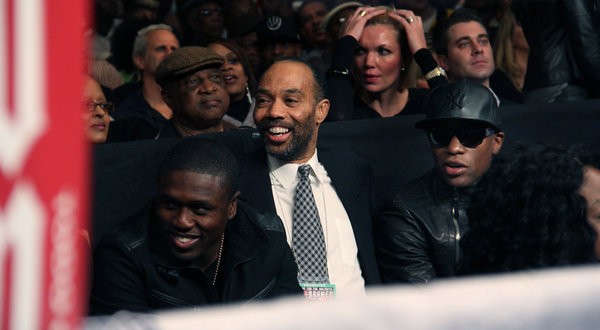
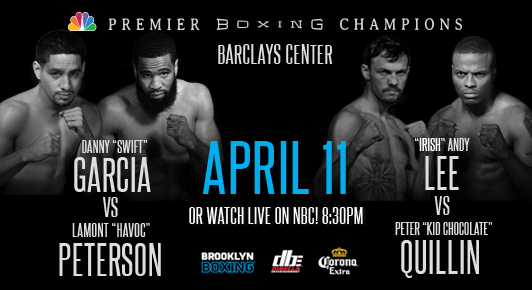

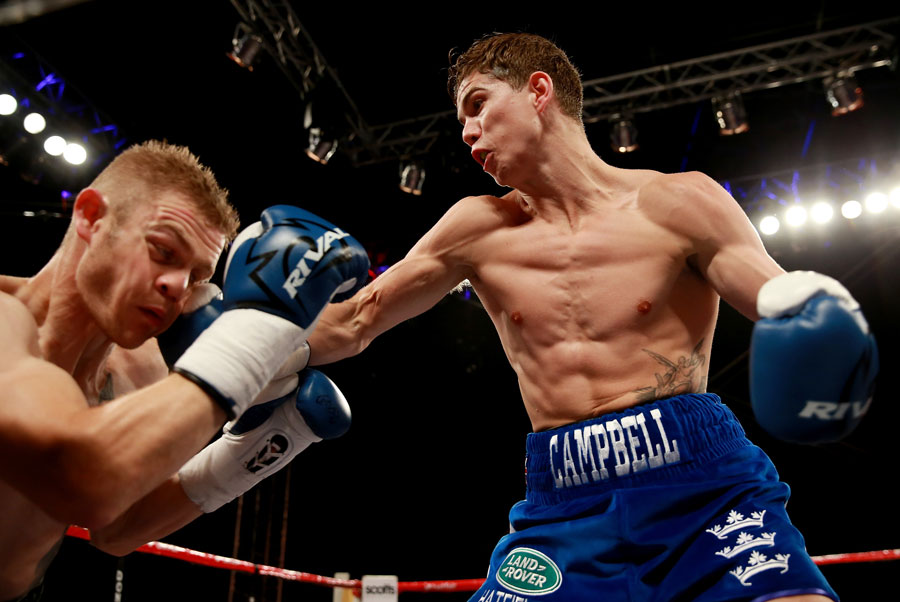
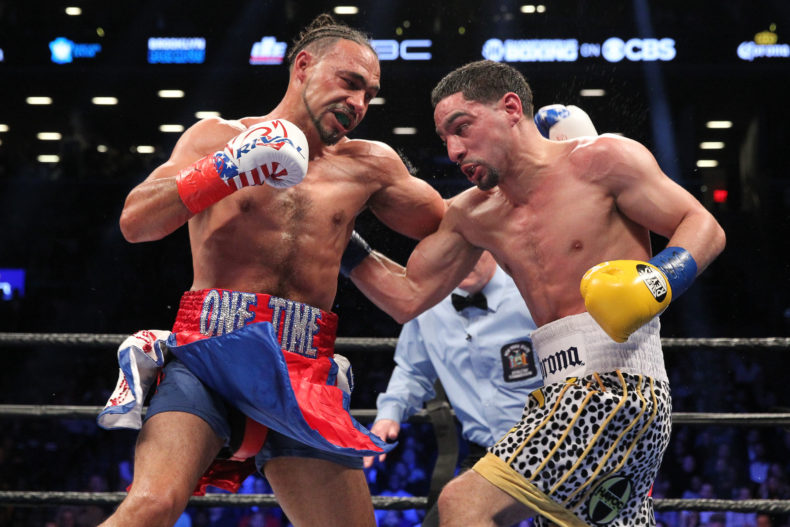

I think PBC will change things for the better